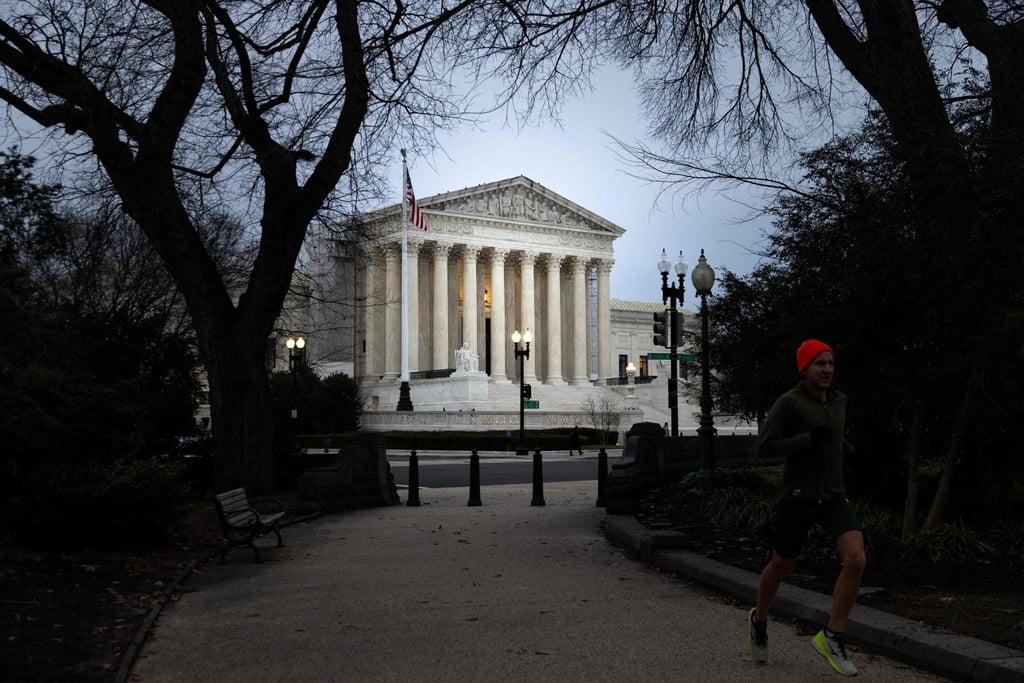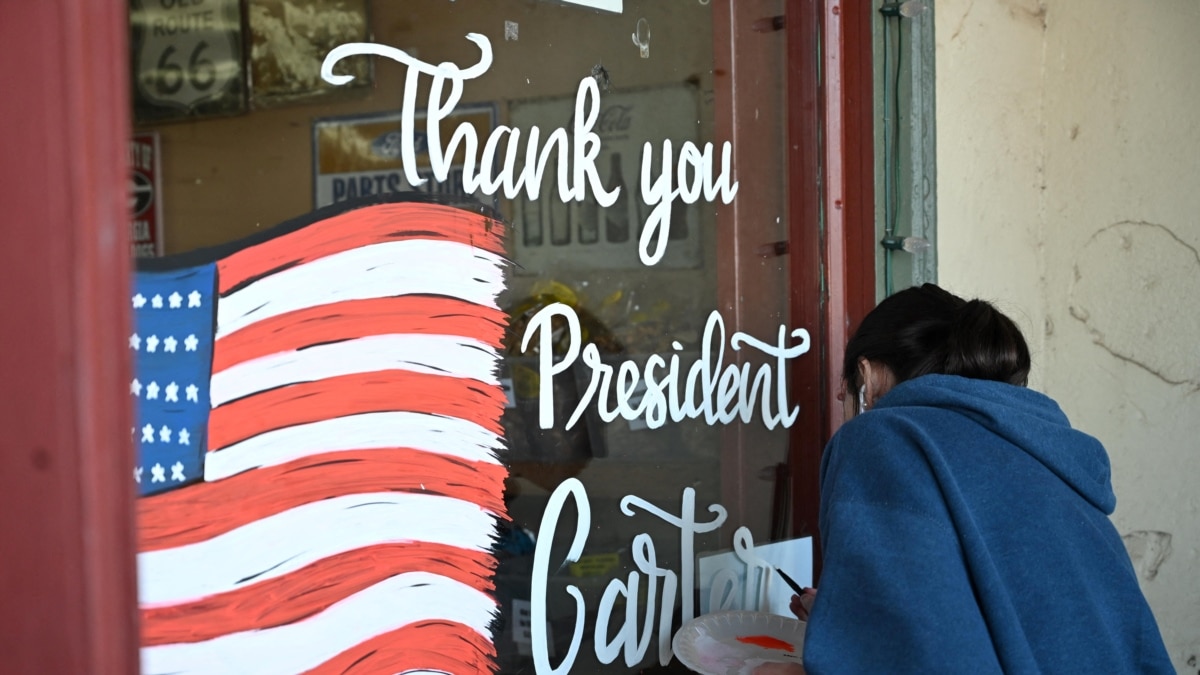TikTok on Friday challenged the US government’s assertion that the Chinese-owned app had no free-speech rights stateside due to its foreign ownership, suggesting that the push for a “sell-or-ban” law stemmed from the company’s refusal to censor certain viewpoints.
“The startling proposition that there should be no judicial scrutiny of a law shuttering a speech platform used by 170 million Americans would mean Congress could ban petitioners from operating TikTok explicitly because they refused to censor views Congress disfavours or to promote views it likes,” stated TikTok, and its parent company ByteDance, in their latest filing at the US Supreme Court.
The submission said several US lawmakers had accused the platform’s content of being “too pro-Palestine”.
The US government needed “evidence” to prove its assertions that ByteDance was headquartered in China and was subject to the direction and control of the Chinese government, it added.

However, the US Department of Justice argued in its response on Friday that TikTok was misrepresenting the law as an attempt to suppress disfavoured views.

 By South China Morning Post | Created at 2025-01-03 22:01:28 | Updated at 2025-01-05 21:11:03
1 day ago
By South China Morning Post | Created at 2025-01-03 22:01:28 | Updated at 2025-01-05 21:11:03
1 day ago








